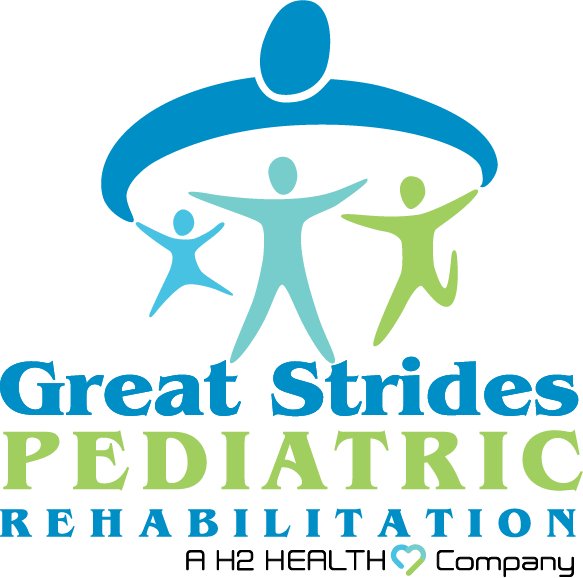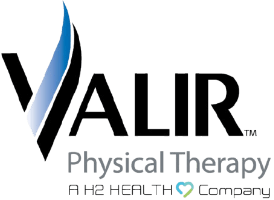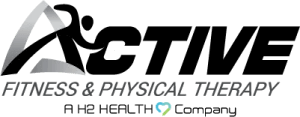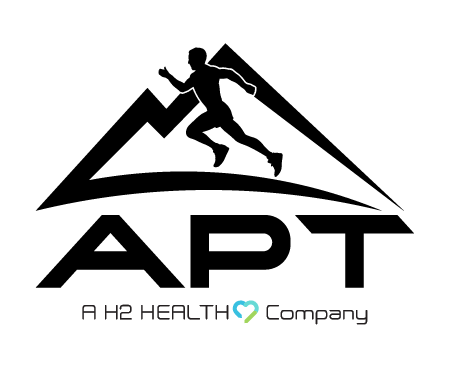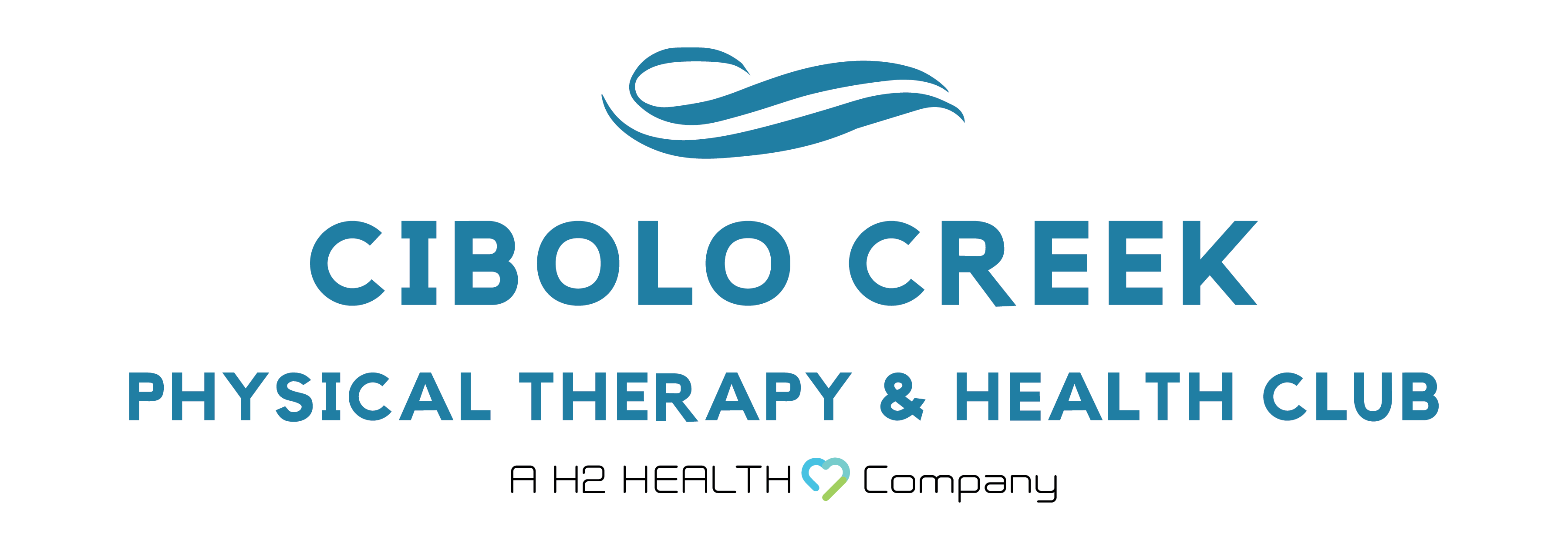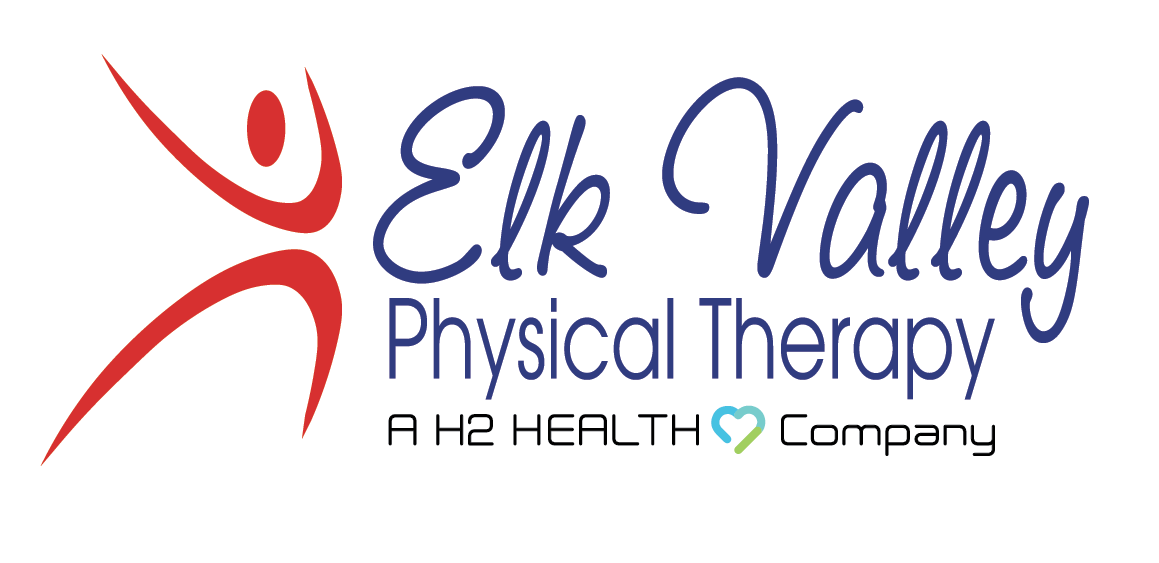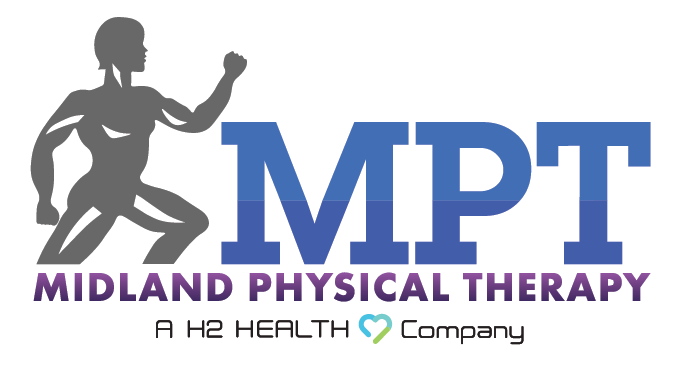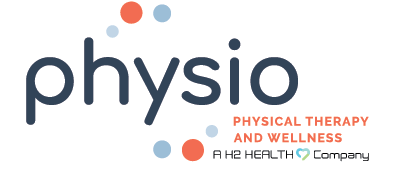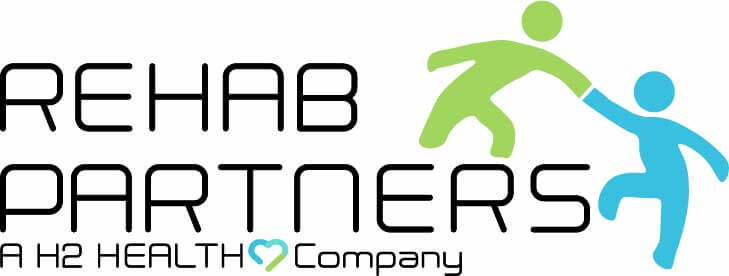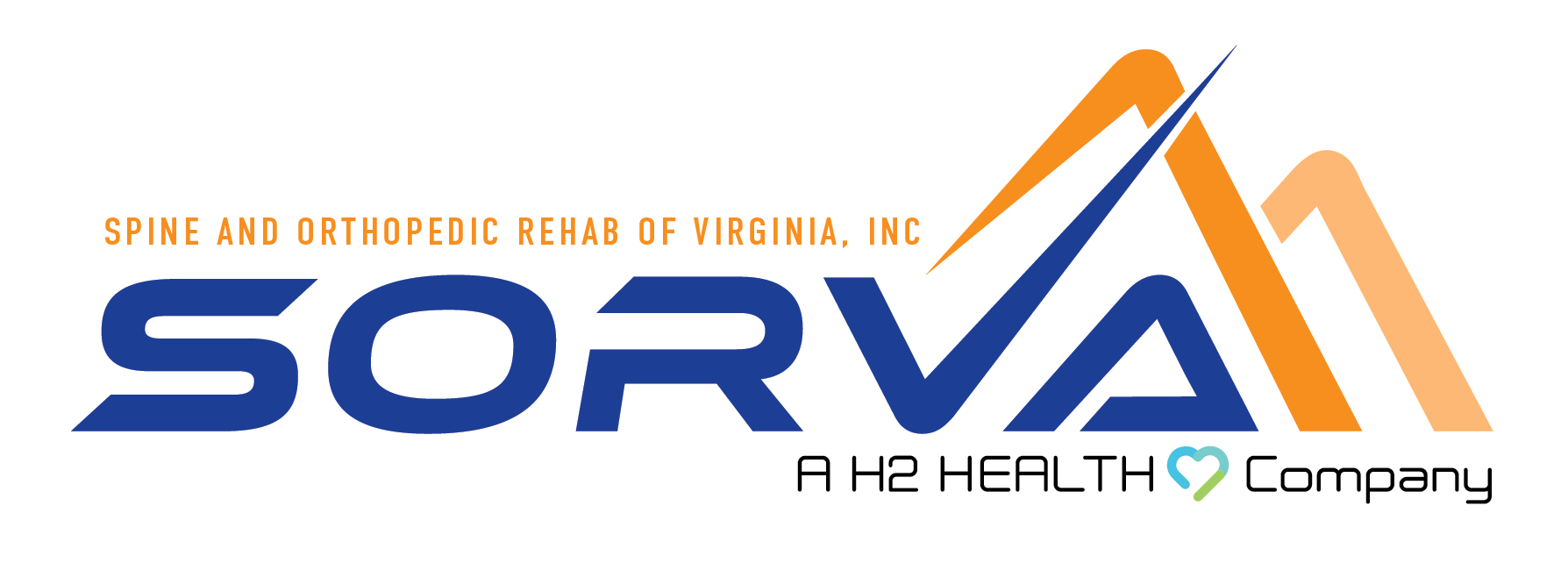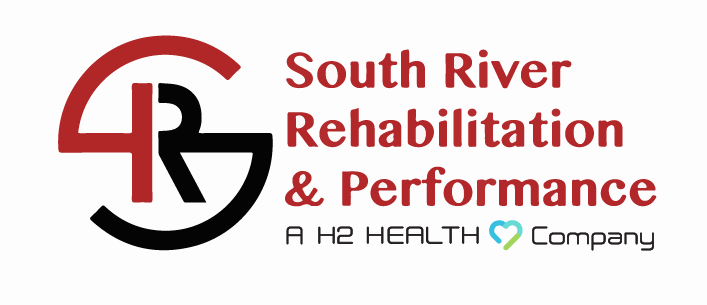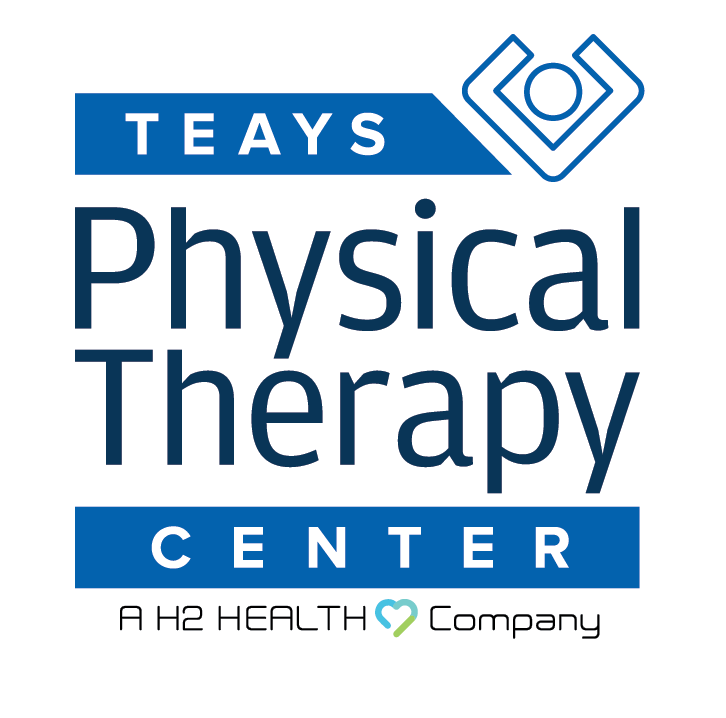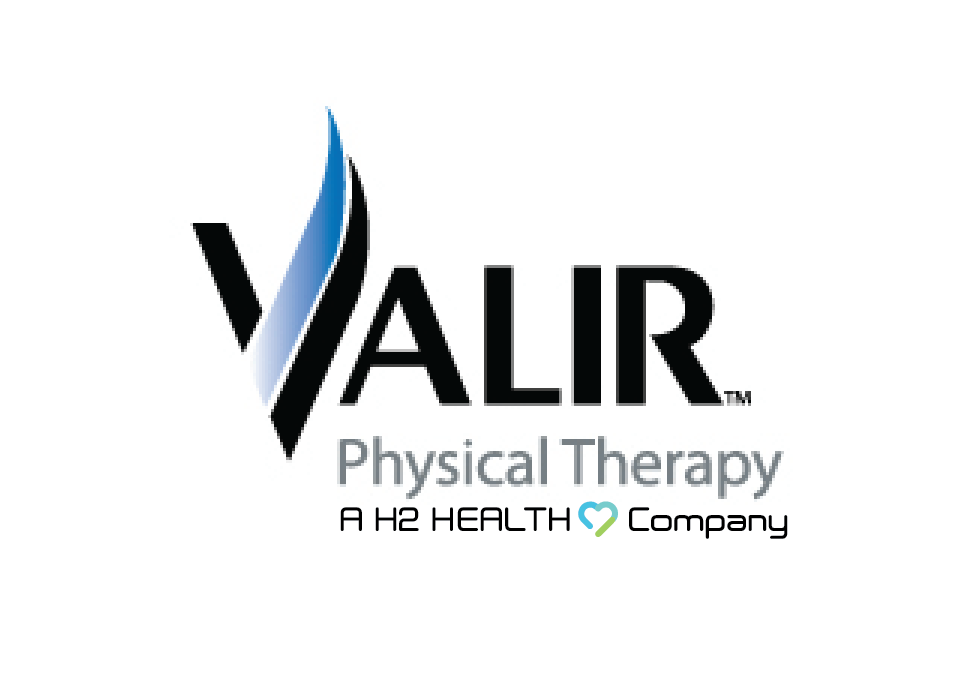
If you’ve recently injured your rotator cuff, or you are recovering from rotator cuff surgery, your doctor may prescribe you with physical therapy to help your shoulder heal. It’s best to understand this complex shoulder injury so you know why your physical therapist is recommending certain types of exercises to strengthen the arm and shoulder area.
Let’s talk about what this unusual structure is, how physical therapy can help in the full recovery of a rotator cuff injury, and where you can go to receive excellent physical therapy to help your shoulder make a swift recovery with minimal stress.
What Is the Rotator Cuff?
The rotator cuff is a group of four muscles and accompanying tendons that surround and support the shoulder joint. The shoulder joint is made up of your upper arm bone (humerus) which sits in a socket in your shoulder blade (scapula), and the rotator cuff enables your shoulder to rotate with a wider range than any other joint in your body.
The collarbone (clavicle) is also involved in the shoulder joint and acts as a point of muscle attachment. The four muscles of the rotator cuff work with the clavicle and scapula to help keep the humerus in its socket as you lift and rotate your arm.
What Happens in a Rotator Cuff Injury?
A rotator cuff injury is a tear in one or more of the muscles and tendons that make up the rotator cuff. The tear can be a complete tear or a partial tear; partial tears are more likely to heal through physical therapy alone, without surgery. A torn rotator cuff can occur from a fall, lifting something heavy, or sports – such as being a pitcher on a baseball team.
There are several ways to tell if you have a rotator cuff injury. Pain and swelling in the shoulder are the most common symptoms. You may also experience difficulty raising your arm or rotating your arm inward or outward.
How Can Physical Therapy Help a Rotator Cuff Injury?
The goal of rotator cuff physical therapy is to reduce or eliminate shoulder pain and inflammation, improve the shoulder’s range of motion, and strengthen the muscles and tendons around the shoulder joint. In fact, in 80-85% of patients, physical therapy alone is enough to heal and alleviate pain from a rotator cuff injury, and patients do not end up needing surgery.
Physical therapy may also be used to prevent further injury by teaching you proper techniques for activities such as lifting, throwing, and other overhead motions. Your physical therapist will design a treatment plan specifically for you based on the severity of your shoulder injury.
Treatment via physical therapy may include exercises and stretches to improve the shoulder’s range of motion and strength, massage to reduce pain and inflammation, and ice or heat therapy to address pain and swelling. Your physical therapist will also give you advice on proper sleep and ergonomics, and teach you how to properly lift and carry objects in order to avoid further injury.
Recovering from a Torn Rotator Cuff
It can take several weeks or even months to recover from a rotator cuff injury, depending on the severity of the injury. Your physical therapist will likely start with exercises to improve your shoulder’s range of motion, and then progress to strength-training exercises.
Most people experience a significant improvement in pain and function within 4-6 weeks of starting physical therapy. However, it may take longer for the muscles and tendons to heal fully. It is important to follow your physical therapist’s instructions carefully and to avoid any activities that cause pain or discomfort. Returning to activities too soon can lead to further injury and can delay your recovery.
Physical Therapy for Shoulder Pain and a Rotator Cuff Tear
At H2 Health, we specialize in orthopedic physical therapy – which means treating conditions affecting the muscles, bones, and joints. It is our goal to promote healing without medication or surgery, and treating the condition at the root of the problem instead of providing a temporary fix.
Our physical therapists hold graduate-level degrees in physical therapy and are passionate about helping patients regain mobility, strength, and pain-free movement. To make an appointment, call us today at (800) 699-9395, or fill out our online form here to request an appointment or to request a complimentary injury screening – so we can help you determine whether physical therapy is right for you. We look forward to getting you back to feeling your best!

